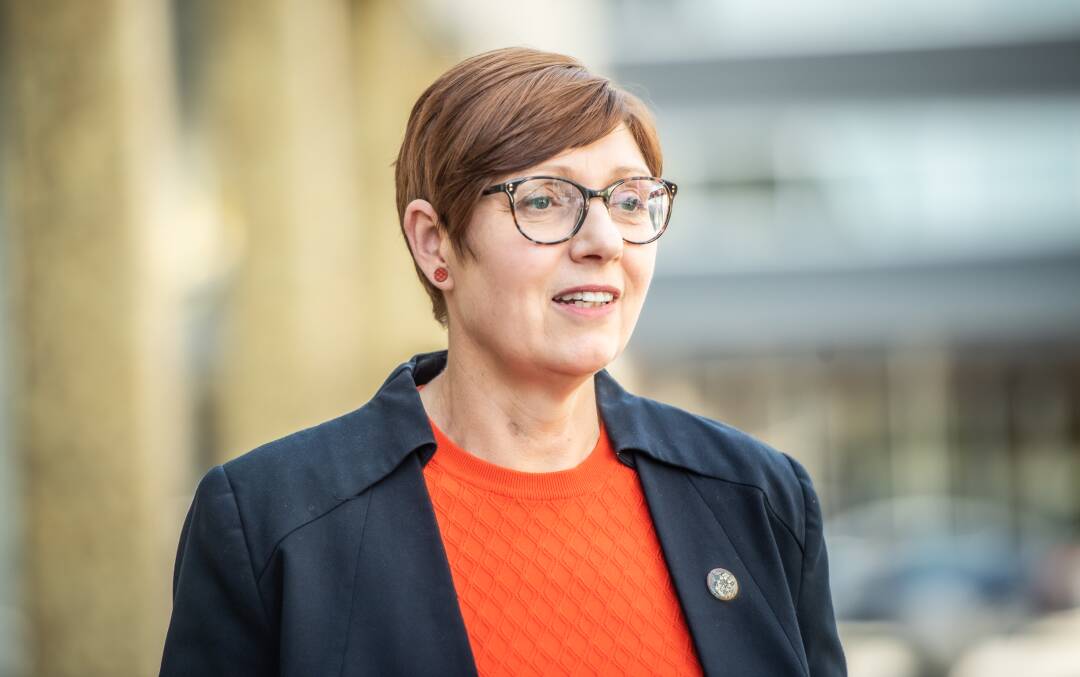The ACT faces renewed pressure to help establish an Aboriginal community-controlled housing organisation, with the territory's elected body warning immediate progress is needed.
The Aboriginal and Torres Strait Islander Elected Body has pointed to the government's slow progress in delivering Aboriginal community-controlled housing services and called for a fresh commitment, saying efforts have "stalled".
SEARMS Community Housing Aboriginal Corporation has also said it would be ready to work with the ACT to establish a service.
Kim Sinclair, the corporation's chief executive, said there was still an opportunity for the government to deliver an Aboriginal-controlled community housing organisation.
"Despite the fact Canberra recently showed its commitment to Aboriginal Australians through its majority vote support of the Voice referendum, the ACT has a glaring gap in the provision of Aboriginal community-controlled housing and related services," Ms Sinclair said.
The power-sharing agreement struck between Labor and the Greens after the 2020 election committed to "supporting the establishment of an Aboriginal and Torres Strait Islander controlled community housing provider" and doing so "in close partnership with the community and the Aboriginal and Torres Strait Islander Elected Body".
But with just under seven months until the next territory election, no provider has been established.
Aboriginal and Torres Strait Islander Affairs Minister Rachel Stephen-Smith said the government was investing in the Aboriginal community-controlled sector, with $12 million invested so far.

"A dedicated Aboriginal Service Development Branch has been established in the Community Services Directorate to support existing, new and emerging Aboriginal Controlled Community Organisations to expand delivery of culturally appropriate services in these areas," Ms Stephen-Smith said.
An ACT government spokeswoman said it was unlikely one Aboriginal controlled community organisation could provide all the housing service types required.
"That's why the ACT government has established the Aboriginal Services Development Branch and is supporting a range of ACCOs to develop and deliver services, including housing services, noting that there are already two registered housing ACCOs operating in the ACT," the spokeswoman said.
"The Aboriginal Service Development Branch is actively working with several ACCOs, the Elected Body, ACT Housing Coordinator General and the National Aboriginal and Torres Strait Islander Housing Association to build capacity and secure appropriate accreditation. These organisations are at varying stages of establishment and have different service delivery focus areas."
The Aboriginal and Torres Strait Islander Elected Body has also outlined priority areas for the ACT government, following estimates-style hearings last year.
The body has urged the government to focus on child protection reform, reducing the number of First Nations people held in prison on remand because they do not have access to housing and community control.
The government must also focus on early childhood, education and health outcomes, and recommended government programs receive funding proportionate to the number of Aboriginal and Torres Strait Islander people accessing them.
"This is not about just new money but redirecting current spends to providers with experience with and accountability to the Aboriginal and Torres Strait Islander community of the ACT," the body said.
The body also said it was "bewildering" the number of First Nations children entering out-of-home care was "disappearing and dislocating".
Ms Stephen-Smith acknowledged more needed to be done, but said it was important to recognise progress.
"For example, the Report on Government Services and other data show a downward trend in the number of Aboriginal and Torres Strait Islander children and young people entering care since the Our Booris, Our Way review was announced in 2017," she said.
"That has resulted in the number of children in care stabilising and the rate coming down at a time when many other jurisdictions are continuing to see increases."







